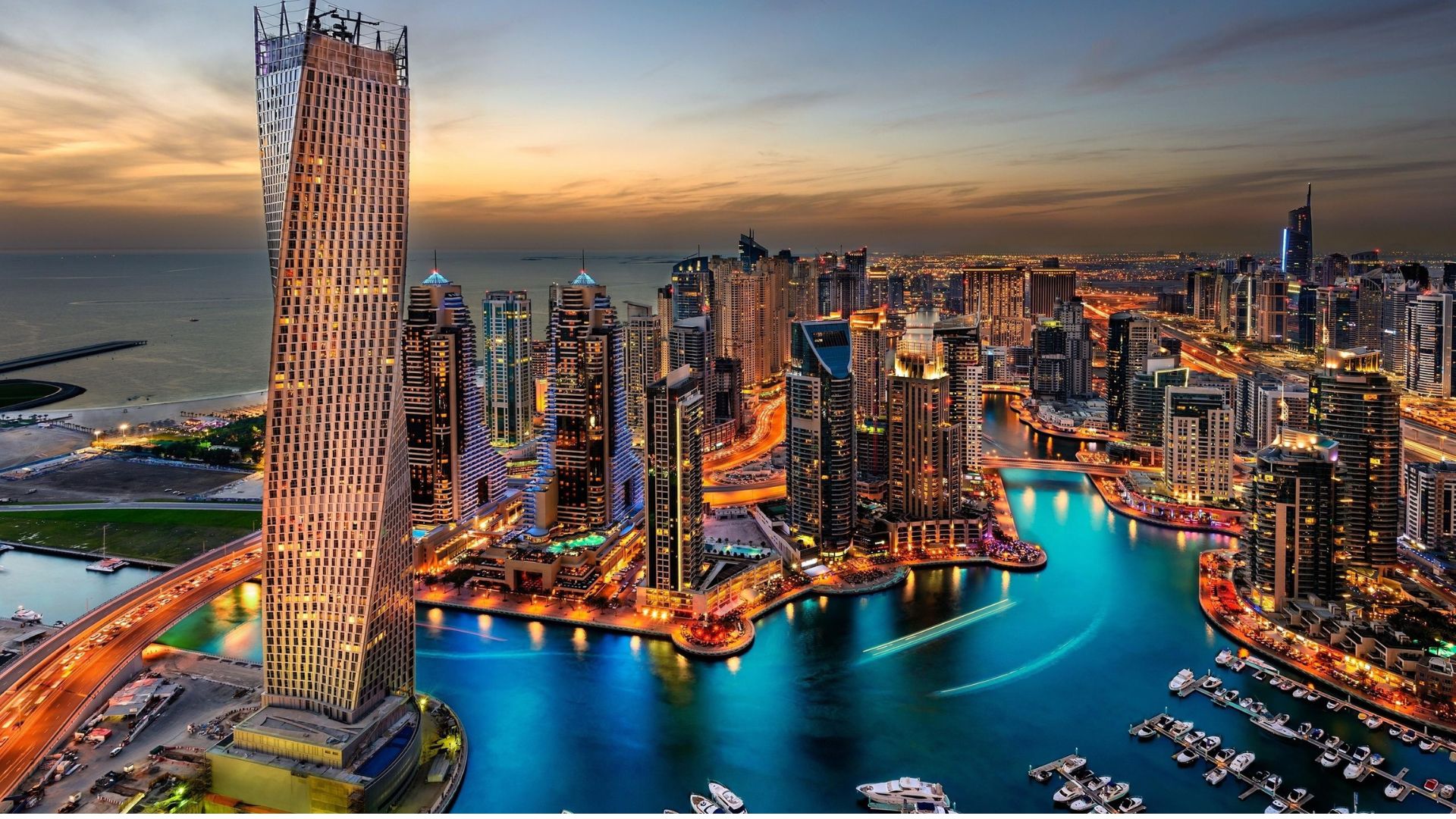Dubai has emerged as one of the world’s most desirable real estate markets, particularly for expats looking to invest. With its thriving economy, tax-free status, and cosmopolitan atmosphere, Dubai presents a compelling offer for investors in property. But investing in Dubai property as an expat involves meticulous attention to special considerations. Here’s what every expat should know before diving in.
1. Learn the Freehold and Leasehold Property Law
One of the essential things for expats is learning about the property ownership rights in Dubai. Expats can own freehold properties in certain areas, that is, full ownership of the land and property. Leasehold property, on the other hand, involves ownership for a period of time (usually 99 years). Knowing the difference may affect your long-term investment plan.
2. Acquire Location and Developer Credibility
The Dubai property market is enormous with different locations like Dubai Marina, Downtown Dubai, Jumeirah Village Circle, and Palm Jumeirah. They have different price ranges, appreciation potential, and amenities. Moreover, investing with renowned developers who have a track record of delivering the projects on time and of good quality should be avoided under any circumstances.
3. Understand the Expenses Outside the Property Price
Buying property in Dubai includes other costs such as a 4% Dubai Land Department (DLD) transfer fee, real estate commission (usually 2%), developer fees, and maintenance charges. Such fees need to be paid in advance to prevent unexpected costs and to determine your actual investment price.
4. Understand Residence Visa Linked to Property Investment
Dubai issues residency visas for property investors, usually starting with an AED 1 million investment in property. The visa can be a great advantage for expats who prefer to remain in Dubai long-term. Visa rules and regulations can change, though, so it’s key to be up-to-date on present policies.
5. Evaluate Rental Yield and Market Trends
Dubai rental yields are typically within 5% to 8%, and that is healthy compared to most global cities. But it is a cyclical industry. Before making any investment, research present market trends, the demand vs. supply ratio, and economic indicators to forecast potential appreciation of capital as well as rental returns.
6. Understand Financing Options Available to Expats
Although Dubai lends mortgages to expats, the conditions may vary greatly from what is available in your country of origin. The loan-to-value ratios tend to be capped at 75% for the first property and lower for the second property. The interest rates and tenure could also be different, so a mortgage broker who is well-acquainted with the Dubai market would be helpful.
7. Legal Due Diligence and Contract Review
Dubai has a highly regulated but complex property law. Ensure that all the papers, including title deeds, contracts, and developer approvals, are thoroughly checked by an expert property lawyer. This prevents problems such as fraud, hidden charges, or disputes.
8. Off-Plan vs. Ready Properties
Off-plan properties (being developed properties) typically have good prices and negotiable payment structures but are risky in terms of delay or project cancellation. Ready properties offer immediate possession and rental returns but can be more expensive. These should be balanced in your investment goal.

